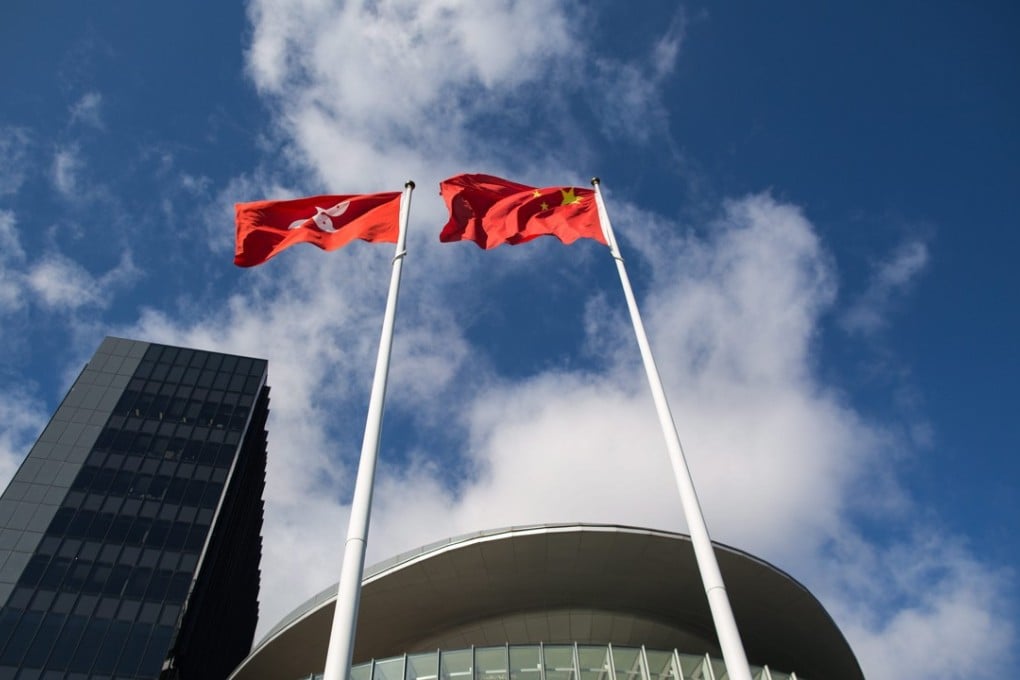Commitment to ‘one country, two systems’ must remain strong
There is no governing method better for Hong Kong than the framework laid out in the Basic Law. But both Hong Kong and Beijing need to learn lessons from the past two decades and create a mutual trust from which we can confidently move forward

No governing method is better for Hong Kong than the “one country, two systems” framework laid out in our mini-constitution, the Basic Law. On the eve of the 20th anniversary of the return to China from British rule, the success of the principle is plainly evident. But there have been strains that have eroded trust and some Hongkongers believe the assurance of “a high degree of autonomy” is being undermined while Beijing contends the “one country” element is too often being ignored. Every effort has to be made, here and on the mainland, to ensure that the approach is understood and remains strong.
Hong Kong’s fundamentals are as they were on July 1, 1997. The city remains a leading international centre of finance, trade and shipping and continues to be at or near the top of global rankings of free economies. It still has its own passports and currency and sports teams that compete internationally under the Hong Kong flag. Major groupings like the World Health Organisation recognise it as an independent member. There has been no decline in its appeal to foreign corporations, investors and talented workers; they are assured by the Basic Law provisions that set our city apart by guaranteeing its capitalist system, judicial independence, the rule of law, freedoms and rights.
Late paramount leader Deng Xiaoping, who formulated the “one country, two systems” policy, said that as the idea had no successful precedent, its implementation would be a constant learning process. It was an appropriate model to ensure a smooth transition back to Chinese sovereignty for Hong Kong, which had marked developmental and ideological differences from the mainland after a century-and-a-half under British colonial rule. The pragmatic framework promised the way of life would in essence remain unchanged until at least 2047.
Evolving process of trialling, testing and improving
The first handful of years after the return went smoothly, life under one country barely evident. Mainland officials refrained from commenting on Hong Kong affairs. But while the Basic Law provided for “one country, two systems”, its implementation was always going to be an evolving process of trialling, testing and improving. Adding to the difficulty has been our city’s challenges, among them a shortage of affordable housing, the gap between rich and poor, a fast-ageing population and political demands.
